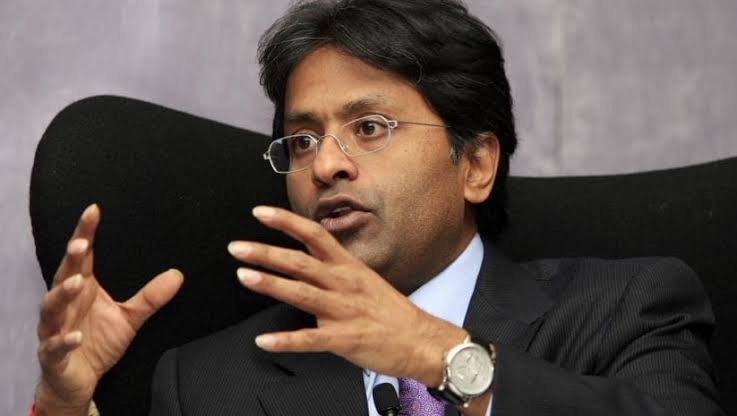A recent overhaul of Goa’s land use regulations has stirred significant controversy, highlighting potential conflicts of interest among key politicians and benefiting influential developers. The Town and Country Planning (TCP) Department has authorized the conversion of extensive green zones into settlement areas, raising concerns about the environmental impact and the fairness of the approval process. This policy shift has sparked a debate about whether political connections have influenced these decisions.
**Politicians and Developers Benefit from Land Use Shifts**
The land use changes have put two prominent Goa ministers, Vishwajit Rane and Aleixo Sequeira, in the spotlight. Rane, who serves as the Town and Country Planning Minister and also oversees the Forest Ministry, is associated with a company that has received approval for land conversions. Sequeira, the Environment Minister and holder of the Law portfolio, has also been reported as a beneficiary of these changes. Both ministers’ involvement in the regulatory process raises questions about potential conflicts of interest.
The involvement of these key figures, who have significant influence over land use and environmental policies, has fueled allegations that their decisions might favor their personal or political interests. This has led to widespread concern about whether the land use approvals were made impartially.
**Details of the Land Use Conversions**
The TCP Department has approved the conversion of approximately 20 lakh square meters of green zones into settlement areas. This includes paddy fields, orchard lands, and no-development zones, which are now designated for residential and commercial development. This reclassification has dramatically increased the value of the land, raising concerns that the changes are more about boosting real estate values than protecting the environment.
Green zones are crucial for maintaining ecological balance, supporting agriculture, and preserving local wildlife. The conversion of these areas threatens to disrupt local ecosystems and reduce agricultural productivity, raising alarms among environmentalists and the public.
**Allegations of Conflict of Interest and Political Influence**
The controversy surrounding the land use changes revolves around allegations of conflict of interest and political favoritism. Vishwajit Rane and Aleixo Sequeira, as key figures in the land use and environmental regulatory processes, are accused of making decisions that benefit their own financial interests. This situation has led to calls for a thorough investigation into the approval process to ensure transparency and fairness.
Political analysts have criticized the involvement of ministers in decisions that affect their personal and political interests, arguing that it undermines the credibility of the land use approval process. There is a growing demand for reforms to prevent such conflicts of interest in the future.
**Impact on the Environment and Real Estate Market**
The reclassification of green zones into settlement areas is expected to have significant environmental and economic impacts. Environmentally, the loss of these areas could lead to disruptions in local ecosystems, decreased agricultural output, and increased urban sprawl. The ecological balance provided by green zones is essential for Goa’s long-term sustainability, and their loss could have serious consequences for the region’s environment.
Economically, the reclassification has led to a rise in real estate prices, particularly in areas newly designated for development. While this benefits developers and landowners, it also exacerbates issues such as infrastructure strain and increased pressure on local services. The shift towards development without proper planning could lead to long-term challenges for urban management in Goa.
**Public Reaction and Calls for Transparency**
The public reaction to the land use changes has been one of concern and frustration. Environmental groups, local activists, and citizens have expressed their objections, arguing that the changes prioritize development over environmental protection. There are increasing calls for greater transparency in the land use approval process and for holding accountable those involved in any potential misuse of power.
Both Vishwajit Rane and Aleixo Sequeira have defended their actions, asserting that all land use changes were made in compliance with legal procedures. Despite these assurances, the controversy has highlighted the need for reforms to ensure that land use policies are managed in a way that serves the public interest and protects environmental integrity.
The debate over Goa’s land use law changes underscores the importance of transparency and accountability in policy decisions that impact both the environment and local communities. With significant political figures and developers benefiting from these changes, the situation highlights the need for a balanced approach to development that preserves Goa’s ecological heritage while addressing urban growth.






